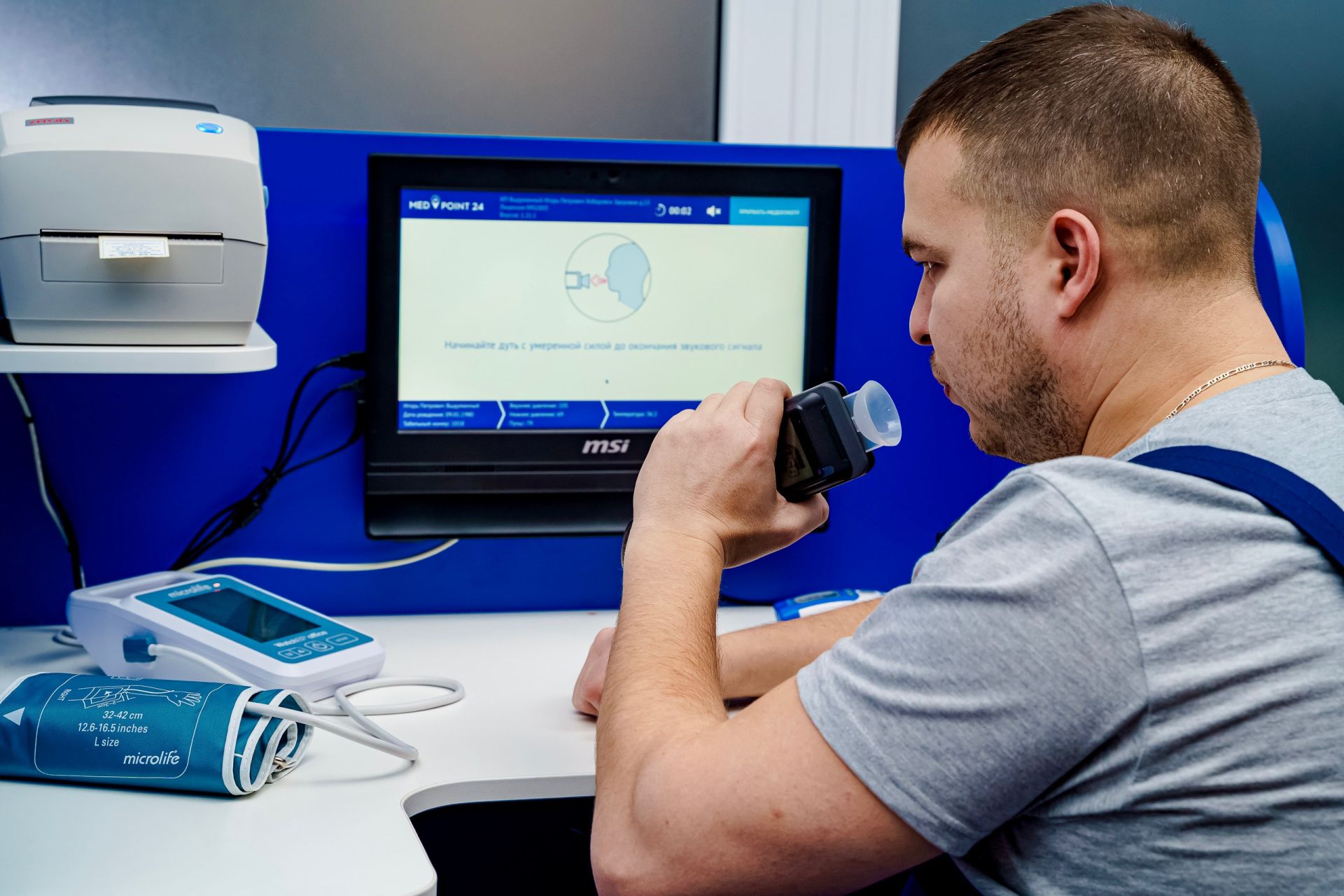Being "high" or "stoned" on Cannabis can impair a person's ability to drive, operate machinery, or make sound decisions.Driving under the influence of Cannabis is legally treated the same as driving under the influence of alcohol. Cannabis intoxication is more difficult to quantify than alcohol intoxication, which can be easily measured using a breathalyzer. We'll look at how Cannabis intoxication is measured and why a breathalyzer isn't used as a test instrument.
Delta-9-tetrahydrocannabinol is the primary psychoactive ingredient in Cannabis (THC). THC can enter the bloodstream through inhalation or ingestion and have long-lasting effects. The amount of THC in a person's bloodstream or urine is used to determine Cannabis intoxication.
Blood tests, which provide a more immediate and precise measurement, are the most accurate way to measure THC levels in the body. Blood tests, on the other hand, can be invasive and time-consuming, and they only detect THC for a few hours after use. Urine tests are less accurate than blood tests because THC can be detected for days, weeks, and sometimes even months, after use, but they are less invasive and easier to administer.
One of the most difficult aspects of measuring Cannabis intoxication is that THC affects people differently depending on their tolerance, body weight, and method of consumption. This means that even if their blood or urine tests show the same amount of THC, a person with a high tolerance for THC may not be as impaired as someone with a lower tolerance. Another issue is that THC can remain in a person's system long after the drug's effects have worn off. This means that someone who has recently used Cannabis may test positive for THC even if they are no longer impaired.
Given these difficulties, there is a current agreement that the traditional breathalyzer is an
ineffective for measuring Cannabis intoxication. Breathalyzers can accurately detect the presence of alcohol in a person's breath, which is a simpler test than testing THC levels in blood or urine. THC, on the other hand, is not detectable in a person's breath, so a breathalyzer would be unable to accurately measure Cannabis intoxication.
More research is needed to engineer an accurate, timely, cost-effective, and accessible ways to determine Cannabis intoxication, and we still have a lot to learn in terms of documenting and understanding the wide-ranging effects that can present across different people based on body weight, frequency of use, age, potency of Cannabis consumed, method of consumption, and more.
- Measuring Cannabis intoxication is more difficult than measuring alcohol intoxication because THC affects people differently
- THC can remain in a person's system long after the effects have worn off
- While blood and urine tests can detect Cannabis use, they are not foolproof and only provide a snapshot of a person's THC levels at a particular point in time
- Individuals must be aware of the potential risks of Cannabis-use and make responsible decisions when driving, operating machinery, or making sound decisions
- More research is needed to find more accurate, timely, cost-effective, and accessible ways to determine Cannabis intoxication
Empty space, drag to resize


